About DATAWAR
A collaborative research project – Ecole Polytechnique, Sciences Po, Sciences Po Lille – funded by the French National Research Agency (ANR).
EXPLORING PRACTICES OF CONFLICT DATA PRODUCTION, ANALYSIS, DISSEMINATION, AND PRACTITIONER RECEPTION: METHODOLOGICAL FRAMEWORK AND PRELIMINARY FINDINGS
“How are representations of violence influenced by the ‘agency of data’, in other words the social practices of data collection, analysis, dissemination, and practitioner reception?
The DATAWAR project builds on the hypothesis that scientific output in quantitative conflict studies is driven less by theoretical innovation than by the ‘politics of data’: the availability, reputation, and mathematical malleability of numerical observations of conflict. We anticipate that the perceptions of conflict developed by practitioners who employ quantitative methods and sources are prone to distortion as a result of the nature of the available data, the type of mathematical models used to analyse and potentially ‘predict’ conflict, and reliance on a selective subset of theoretical approaches.
DATAWAR will carry out the first systematic investigation of scientific practices in the field of quantitative conflict studies as well as the impact of these practices on practitioners’ vision of war, covering the full lifecycle of conflict data, from collection and analysis to their use and dissemination by military and diplomatic institutions, humanitarian organisations, and the media. The unique, cross-actor and cross-national perspective of DATAWAR aims to improve our understanding of the interactions between scholarly and applied uses of conflict data, beyond the established div ide separating ‘data pessimists’ and ‘data optimists’.”

NEWS
Thomas LINDEMANN
Grey ANDERSON
04/10/2023
Louise BEAUMAIS
Frédéric RAMEL
14/09/2023
Louise BEAUMAIS
Frédéric RAMEL
23/05/2023
DATAWAR
25/10/2022
MEMBERS
WP 1: Ecole Polytechnique/LinX
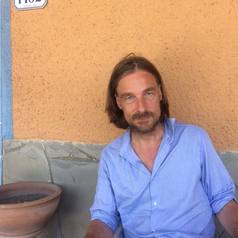
Pr. Thomas LINDEMANN
WP1 coordinator
Professor of Political Science, Ecole Polytechnique/LinX.
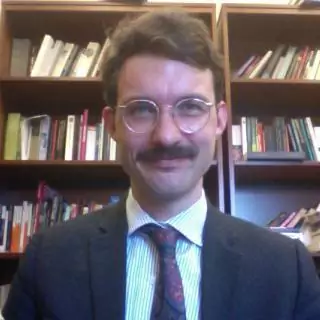
Dr. Grey ANDERSON
Post-doctoral fellow in Political Science, Ecole Polytechnique/LinX.
WP 2: Sciences Po/CERI

Pr. Frédéric RAMEL
Project & WP2 coordinator
Professor of Political Science, Sciences Po Paris/CERI.
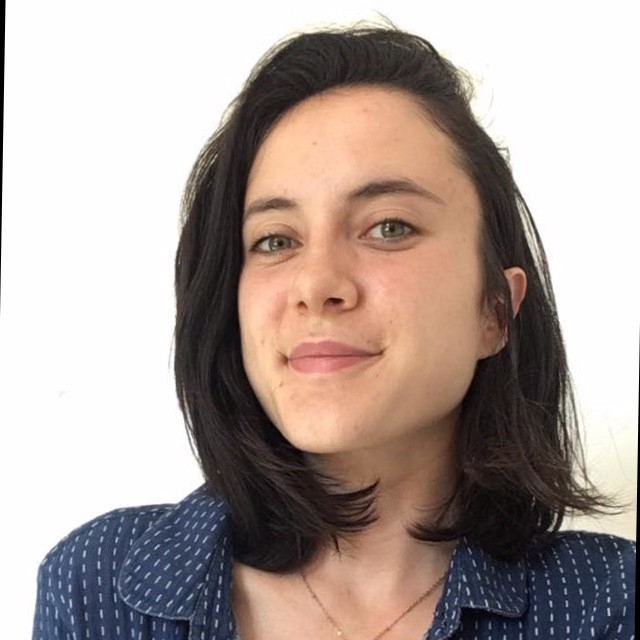
Louise BEAUMAIS
PhD candidate, Sciences Po/CERI & Polytechnique/LinX.
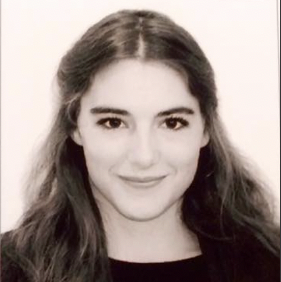
Iris LAMBERT
PhD candidate, Sciences Po/CERI.
WP 3: Sciences Po Lille/CERAPS
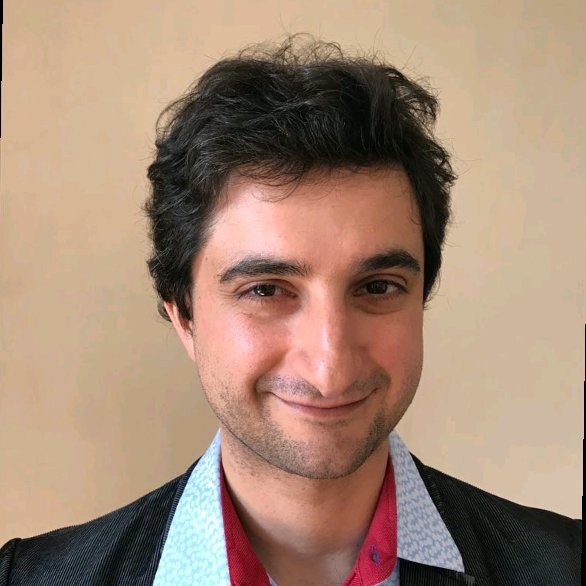
Dr. Eric SANGAR
WP3 coordinator
Associate Professor of Political Science, Sciences Po Lille/CERAPS.

Dr. Sami MAKKI
Associate Professor of Political Science, Sciences Po Lille/CERAPS.
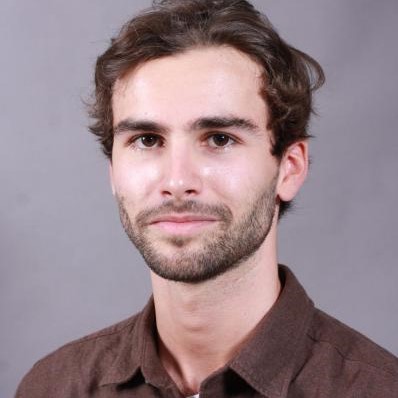
Timothé CHERET
Graduate of Sciences Po Lille.
Engineer of Mines de Douai.

Elise LE BRUN
Graduate of Sciences Po Lille.
Graduate of Leiden University.